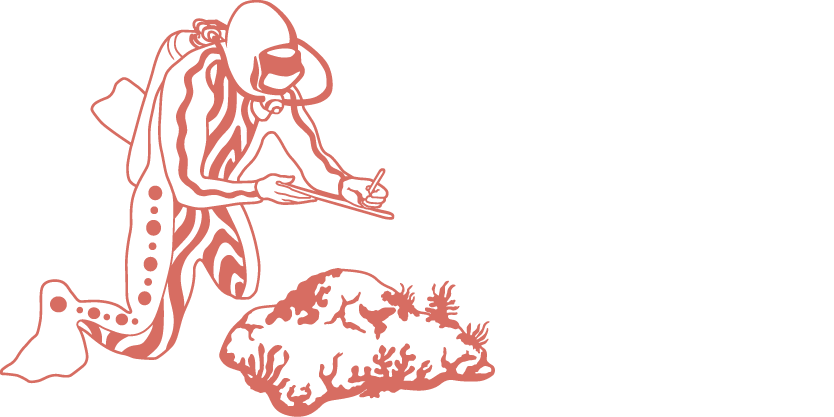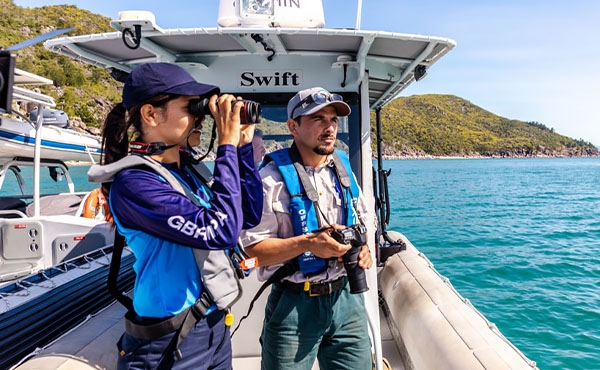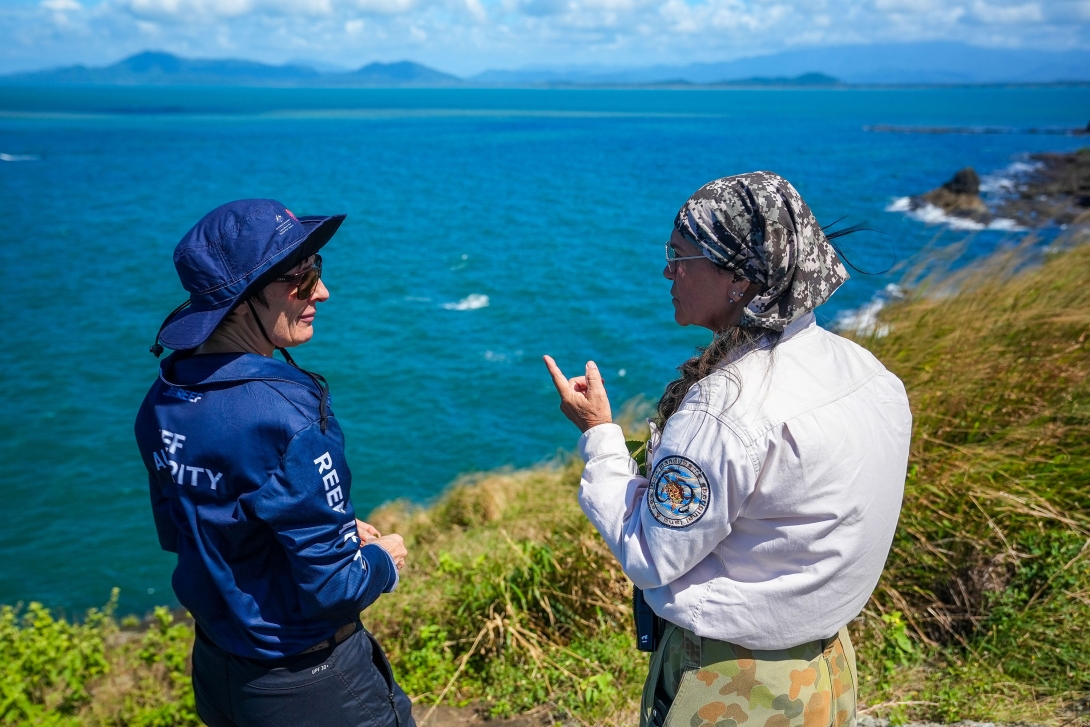The topic of heritage values assessed here encompasses Indigenous, historic (including Commonwealth heritage), and other heritage values (Chapter 4). Traditional use of marine resources, which is a part of Indigenous heritage, is considered in Section 7.3.8. The Region’s natural heritage values (a major element of world and national heritage value) are considered in the assessment of management to protect biodiversity values (Section 7.3.12).
Planning for historic heritage operates at multiple scales. At the national level the EPBC Act provides for significant historic heritage to be listed on World Heritage, National Heritage or Commonwealth Heritage lists. The Underwater Cultural Heritage Act 2018 (Cth) provides blanket protection for all wholly or partially submerged ship and aircraft wrecks 75 years or older. At the state level, historic heritage is protected by inclusion in state heritage registers and planning schemes are required to consider heritage. At the regional and local level, registers for places of local importance are created and administered by local governments, and heritage can be included in local statutory planning instruments with heritage-specific provisions such as codes and overlays.
Commonwealth listed and priority historic heritage sites are well protected, maintained and monitored. The Reef Authority and the Queensland Parks and Wildlife Service coordinate various aspects of their work and approaches in relation to heritage through the Reef Joint Field Management Program using the framework set out in the Intergovernmental Agreement and the Reef 2050 Plan. The Reef Joint Field Management Program focuses on the implementation and field delivery of agreements, mentoring, training and empowering of Land and Sea Rangers and Indigenous Compliance Officers. It delivers compliance and maintenance services to historic heritage structures and sites, and is responsible for protecting Indigenous and historic heritage values on island national parks and Commonwealth islands, including story places and other locations of ceremonial and spiritual significance.



